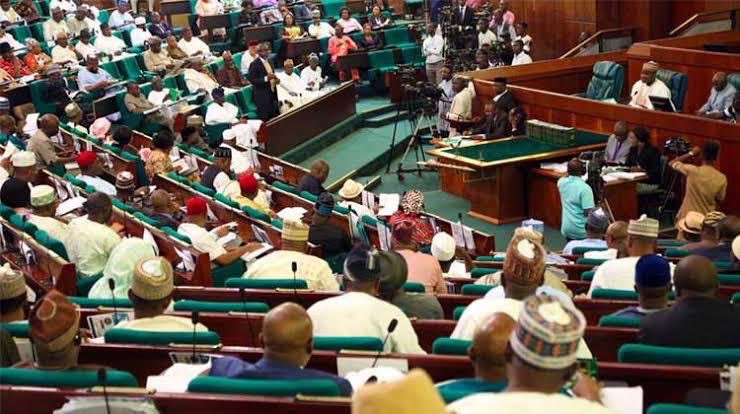By Okeke Eunice

The House of Representatives has taken preliminary steps to offer free internet services in designated public areas across Nigeria.
This initiative comes after the passage of a bill during its first reading last week titled “An Act to provide the legal framework for the free internet access program in selected public places in Nigeria and for related matters,” which was sponsored by Mr. Abubakar Kusada, the representative for Kankia/Ingawa/Kusada Federal Constituency in Katsina State.
In advocating for the bill, Kusada highlighted Nigeria’s acknowledgment of the critical role that information and communications technology plays in national development. He stressed the importance of creating an environment that fosters the development of infrastructure to ensure reliable and secure internet access.
According to a copy of the bill obtained by Honorable Fm, the proposed law covers various public locations, including federal, state, and local government offices, secondary and tertiary institutions, and public hospitals, including rural health centers. Additional sites mentioned include police, Army, Navy, and Customs barracks, public parks, plazas, libraries, reading centers, public airports and seaports, and public transport terminals.
Section 1 of the bill states that “No fees shall be charged to users for connecting to public internet access points. The free internet service offered will be distinct from the internet services used for backend computer systems, programs, databases, and management information systems in government offices, although shared use of infrastructure is permitted.”
The bill also specifies that “Technical solutions that may limit or restrict access can only be implemented in situations where there is a clear and immediate technical risk or breach that cannot be resolved with standard technical measures. However, solutions that enhance or maintain ease of access should be prioritized and pursued.”
Additionally, the proposed law grants the Nigerian Communications Commission (NCC) and the National Information Technology Development Agency (NITDA) the authority to establish standards and criteria for determining which public locations will be included and prioritized for the rollout of the program.
Section 3 specifies that the “NCC and NITDA will be the primary agencies responsible for overseeing the effective and efficient execution of this Act. Other involved parties include the Nigerian Satellite Communications Limited and the Nigerian Internet Group, which is an internet advocacy organization.”